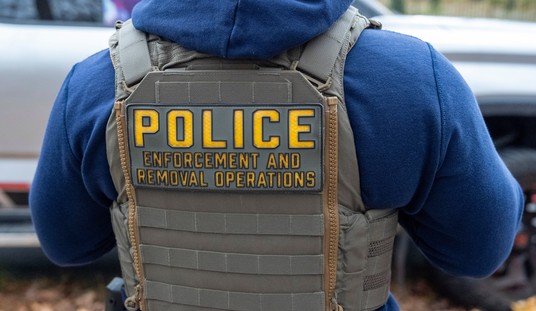Jury selection in the trial of former Minneapolis police officer Derek Chauvin in the death of George Floyd is slated to begin on Monday, March 8th. Due to restrictions caused by the pandemic, it’s going to take a while to seat 12 jurors and four alternates, so the actual trial will not begin before March 29 at the soonest. We’ll probably be well into April before a verdict is delivered, but the Minneapolis PD, the city government, and a local consortium of business are already hard at work preparing for the expected violence and destruction that could follow if Chauvin isn’t convicted. The plan that’s been put in place is called “Operation Safety Net,” and it sounds like the locals have learned many lessons since the riots that consumed the city last summer. (CBS Minnesota)
“I’m a firm believer that you can never over communicate in matters such as this that impacts our city,” Minneapolis Police Chief Medaria Arradondo said.
The public safety plan for the trial has four phases. It’s phase three, during closing arguments and the verdict, when you’ll see the most law enforcement presence…
“We ask that you remember what it was like in May and June. Remember the property destruction. Remember the violence. Remember the challenges that prevented people from coming and expressing their First Amendment rights,” said [Col. Matt Langer of the State Patrol.] “If you are coming to peacefully protest, this group of people standing up here with me welcomes you and you have our support.”
There will be street closures and a much larger law enforcement presence than normal when the end of the trial approaches. Individual business owners in the downtown area are each being allowed to choose their own course of action. Some will be boarding up all of their windows and chaining the doors, while others are choosing to remain open in the hopes of attracting more business from the expected crowds. (Sounds kind of risky, doesn’t it?) One local bar owner was quoted as saying that his pub has been closed almost constantly since last March and if he doesn’t see a surge of business soon he’ll be shutting down for good.
Whether or not there will be riots largely depends on the outcome of the trial. And that will probably depend on how things go during voir dire. As I mentioned above, the jury selection will be handled a bit differently because of COVID restrictions. Only eight potential jurors will be questioned per day, four in the morning and four in the afternoon. Each will be examined by the prosecution and the defense singly. There is no limit to the number of potential jurors who can be rejected for cause. Also, the prosecutors will have nine peremptory challenges available while Chauvin’s defense team gets 15.
During the trial, the jurors are expected to hear from a number of other people who were arrested by Chauvin over the years, telling stories of how excessive force was used against them. (NBC News has a list of several of these witnesses and their accounts.) The defense will no doubt seek to have such testimony thrown out as being unrelated to the incident involving George Floyd.
Many of us have been playing armchair prosecutors in this proceeding since last summer. The evidence shown to the public certainly suggests that Derek Chauving mishandled the arrest of George Floyd, cutting off his breathing significantly longer than was needed to get control of him. But does that add up to second-degree murder, which implies intent? They may have a better shot at the other charge of second-degree homicide, but even that is hard to say. The jury would have to agree that Chauvin was, at a minimum, excessively reckless.
But it only takes one or two jurors who will always find room to err on the side of caution when being asked to convict a police officer to see Chauvin walk free. (And perhaps he should. That’s up to the jury.) It seems to me that the prosecutors would have done themselves and the public a favor by including at least one lesser charge such as reckless endangerment just so the jury could convict him of something. But if he doesn’t take the fall for one of the bigger charges, I can’t imagine a situation where Minneapolis won’t be the target of even more riots. If that’s the case, the residents and the city government had better hope that “Operation Safety Net” is up to the challenge.








Join the conversation as a VIP Member